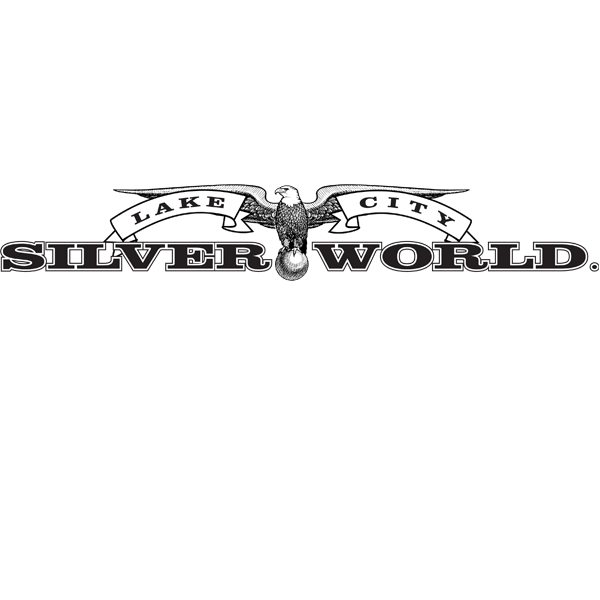

SILVER WORLD, Friday, July 30, 2021. Page 3
Two Lake City RV Parks Under One Ownership
COVID-19 is greatly reduced when they live in a household where all eligible individuals are fully vaccinated, even if the children are not yet eligible for vaccination. Any school or school district interested in hosting a vaccination clinic should complete the Vaccination Event Request Form to request more information about vaccination partnerships and outreach.
COVID Guidelines,
continued from page 1
The two RV parks are Henson Creek RV Park at 131 S. Gunnison Avenue and River Fork Camper and Trailer Park at 112 N. Henson Street, both in Lake City. The proud owners are Joe and Kaye Maddry. They had searched all over the San Juan Mountains and picked Lake City as the community they liked best. But that search was not yet over. Having investigated all of the possibilities here, they chose these two RV parks and bought them both. "We needed both of them to achieve the economies of scale" explained Maddry. "With both parks we have 57 units and can avoid some of the duplications of costs. Our vision for these two well-established parks includes developing the large, wooded area immediately behind the River Fork property making possible more overflow parking areas and more tent camping places as soon as the zoning is approved." They had experience owning and running similar RV properties in Louisiana and New Mexico but were charmed more by the grandeur and cooler summers in the San Juans. They still maintain a winter residence near Albuquerque in the community of La Tijeras ("the scissors" in Spanish), but they plan to return each spring to open around the middle of May and remain open throughout September, relying on local managers to handle much of the daily operations-Kimberly and Jason Tasa at Henson Creek and Butch and Nina Klingaman at River Fork. Joe had met Kaye at college in Las Cruces, New Mexico, where he graduated with a Bachelor of Science degree in Agriculture from New Mexico State University, the oldest institution of higher education in the state. He taught for one year in high school, and then went to work for AMOCO for 24 years. They started in Levelland, Texas, where Maddry worked his way up to a promotion while they raised a family with three, two girls and boy.
Previous Page
